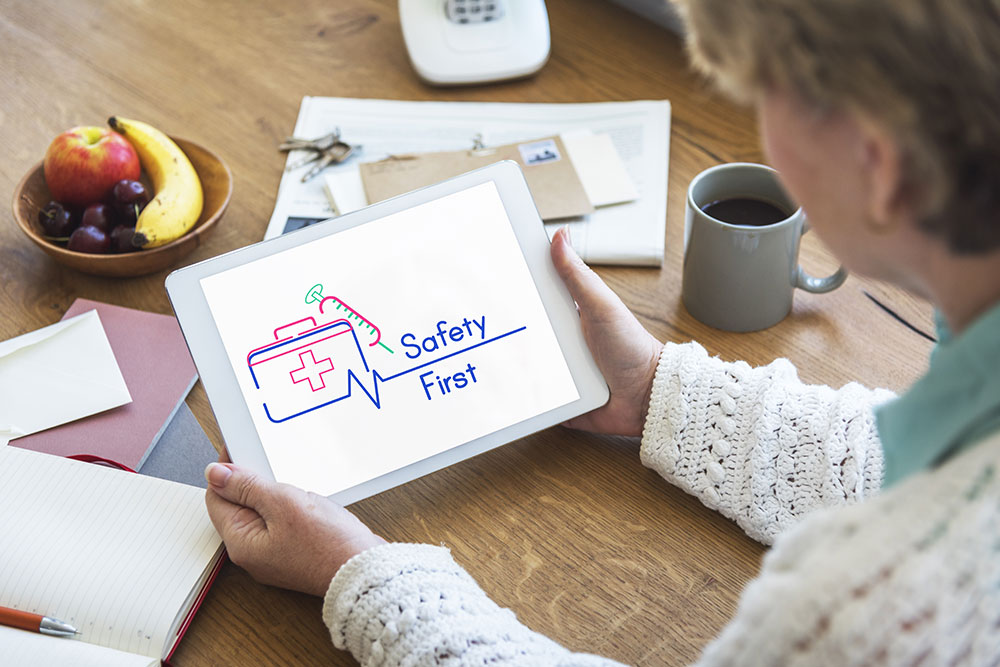Here’s what you should expect from an online CPR and first aid course
Thousands of deaths occur as people do not receive emergency medical aid when needed. This highlights the need for knowledge of first aid and CPR. Training in CPR and first aid allows people to provide immediate medical help which can save lives in emergency situations.
Receiving training in CPR and first aid is highly important.

Course inclusions to expect
- CPR: CPR stands for cardiopulmonary resuscitation. CPR training includes certain series of techniques that are designed to assist anyone in need, including infants, children, and adults. Most courses will provide videos and illustrations to ensure that students understand this topic clearly.
- AED: Automated external defibrillator (AED) is a device used when CPR fails or is not effective. This device is used to resuscitate the affected person. Courses will have details about the method to operate the equipment along with a guide on handling emergency situations.
- First-aid: First aid training teaches students how to handle all common medical emergencies. Courses are likely to include all the tools involved and the ways to use them in emergency situations. If you’re interested, you can also take a separate detailed course in first-aid.
- Wounds: Training to treat all kinds of wounds, puncture, cuts, and scrapes is provided in an ideal online course. The course should teach you how to respond appropriately and without hesitation in the case of an emergency.
- Heart: Most courses cover chest pain, heart attacks, respiratory arrest, and all other heart related real-life situations. You will learn the right way to respond to each of these emergencies. The courses may provide information about the anatomy of the heart and lungs to improve response times.
- Fractures: A fracture at any part of the body can be excruciatingly painful and requires immediate medical assistance. In an online CPR and first aid course, you will learn to identify if there is a fracture and handle fracture-related emergency situations. Most courses provide diagrams, videos, and written instructions.
- Poisoning: There are numerous natural and man-made substances that can cause minor as well as fatal poisoning. As a CPR and first aid student, you will be trained to handle such situations and prevent the worsening of an individual’s condition.
- Choking: Choking can happen anytime and with anyone, especially kids. It is a situation in which immediate assistance is required as delays can cause the affected person to choke to death. So, it is important for every online CPR and first aid course to include a class on choking.
- Hemorrhages: Hemorrhages are usually fatal, and so, the best online courses usually include a guide to disinfect and wrap stop a hemorrhage.
- Burns: Burns are of three types or degrees — first, second, and third-degree burns. An online course should teach you the differences between these three degrees and provide first aid before medical help arrives.
- Injuries: From the most common and harmless injuries to the most dangerous and fatal ones, an online course on CPR and first aid must provide the right training in handling all kinds of wounds to reduce an affected person’s suffering.
- Shock: An online course must provide a detailed understanding of the physical examination needed to determine if someone is experiencing a stroke, seizure, or other bodily shocks.
Certification test after completing the course
Most programs have a test for students once they complete their course. Once you clear the test, you will receive a certificate which states that you are CPR and first aid certified.
Tips to remember while looking for courses
- Extensive research on available courses
While looking for courses available online, it is also important to do thorough research before signing up for one of them. Some popular online courses for CPR and first aid are offered by NationalCPRFoundation™, American Academy of CPR and First Aid, Inc., Heartsaver®, NHCPS, and FirstAidWeb Inc. - Compare courses
Compare shortlisted online courses based on the syllabus they offer, cost, and reputation to ensure that you get the best certification in CPR and first aid. After the comparison is complete, choose the course that is most reputed, covers as many areas of CPR and first aid as possible, and provides great value against the cost. Also, compare the time needed to complete each course and choose one that’s suitable.
The cost of this course varies based on a number of factors. One can find free online courses, as well as the affordable ones that cost around $14. The cost for most online CPR and first aid courses will range between $14 to $59.











